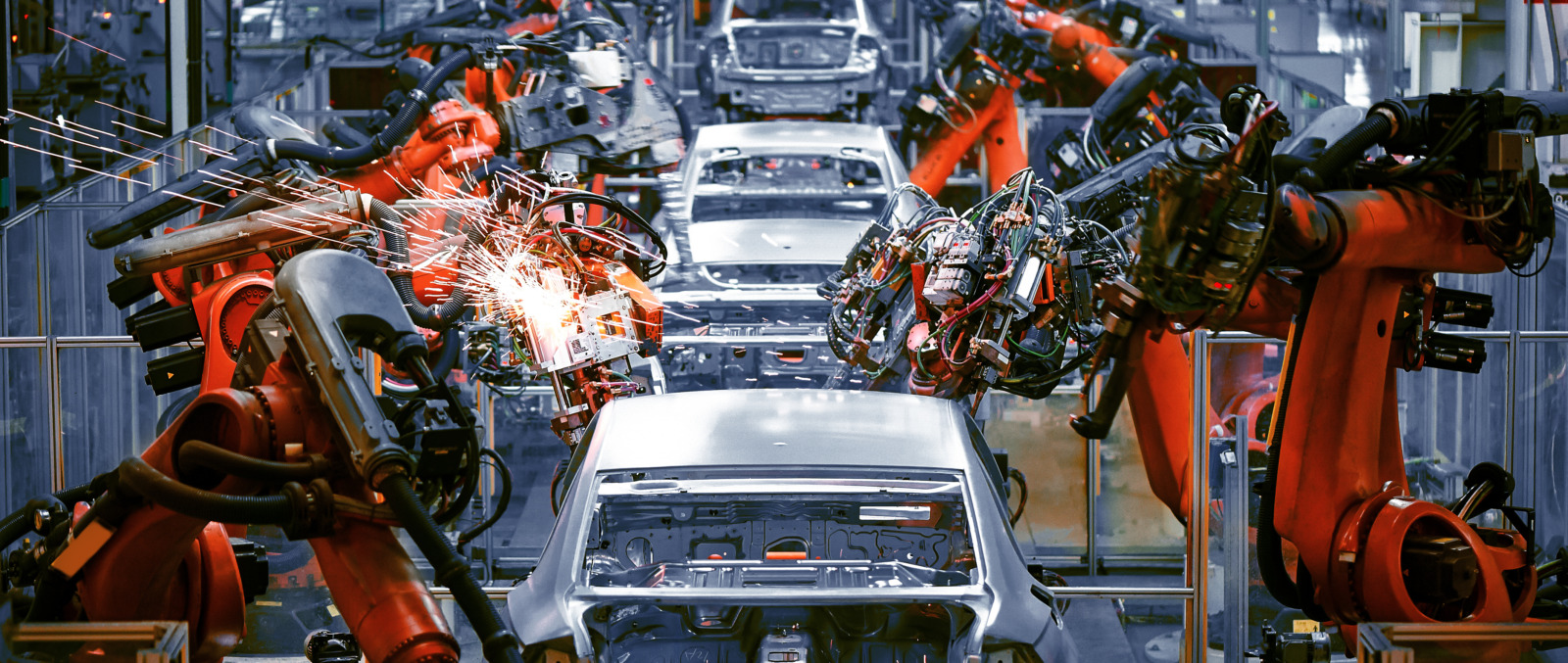As the automotive sector in North America continues to evolve under the guidelines of the United States-Mexico-Canada Agreement (USMCA), stakeholders are offering insights and recommendations to address ongoing challenges. Ahead of the upcoming annual report by the Office of the U.S. Trade Representative (USTR) on the impact of USMCA rules, members of the automotive industry have submitted comments highlighting key areas of concern and suggesting potential adjustments. The USTR Interagency Committee on Trade in Automotive Goods hosted a public hearing on February 7, 2024 to hear testimonies.
USMCA AUTO INDUSTRY CHALLENGES
- Compliance complexity, particularly regarding labor value content (LVC), metals compliance, and the roll-up provision.
- Difficulties in certifying worker earnings along the supply chain.
- Absence of finalized USMCA regulations hindering trade compliance.
PROPOSALS FOR ADDRESSING USMCA CHALLENGES
Automakers and suppliers have put forth proposals encompassing a range of issues:
- Advocating for a longer phase-in period for electric vehicles to meet stringent rules of origin.
- Suggesting adjustments to certification timelines for labor value content and steel/aluminum content to streamline compliance processes.
- Calling for adherence to panel decisions, such as accepting roll-up provisions, to maintain the integrity of the agreement and foster investment certainty.
Amidst the diverse array of perspectives, there is a common thread of seeking clarity and predictability in regulatory frameworks. The American Association of Importers and Exporters emphasizes the need for the U.S. to acknowledge panel decisions and uphold the rule of law to facilitate planned investments. Similarly, other automotive associations have asked for practical examples and clear guidelines in regulatory documents to ensure consistent interpretation and application of rules.
Acknowledging the importance of balance in trade policy, the American Automotive Policy Council underscores the delicate equilibrium required in setting rules of origin to incentivize local investments without unduly burdening trade. Concerns raised by the United Autoworkers regarding tariff differentials and enforcement mechanisms reflect the broader discussions surrounding competitiveness and fair trade practices.
The challenges posed by global dynamics, such as Chinese firms establishing operations in Mexico, highlight the need for robust enforcement mechanisms to prevent circumvention of trade measures. Transparency in compliance processes, as advocated by the UAW through real-time databases, can enhance accountability and facilitate informed decision-making.
Furthermore, the issue of wage disparities and varying labor standards across regions presents a complex challenge for LVC certification. While some advocate for presumptive wage rates to streamline the process, others highlight practical impediments to meeting prescribed standards.
Looking ahead, achieving consensus on these issues will require collaborative efforts among stakeholders and policymakers. Clarity in regulations, effective enforcement mechanisms, and mechanisms to address evolving industry dynamics are essential for fostering a competitive and sustainable automotive sector in North America.
February 7, 2024 | 10:00 a.m. EST:
USTR and the Interagency Committee on Trade in Automotive Goods public hearing of oral testimony.






